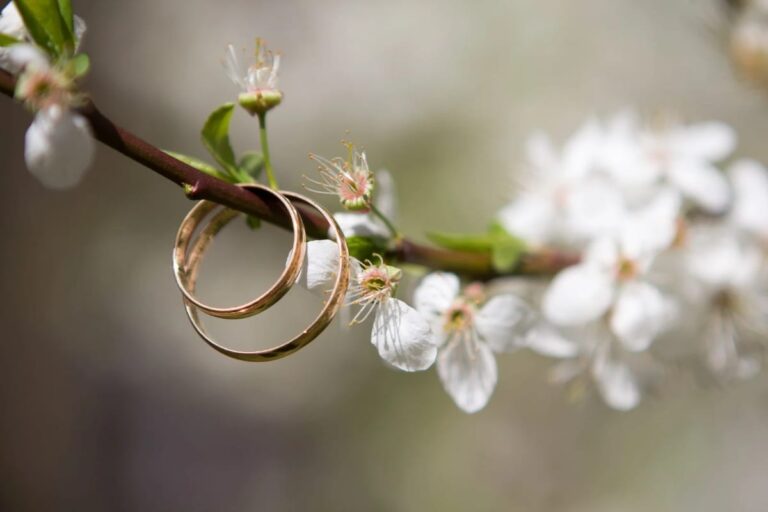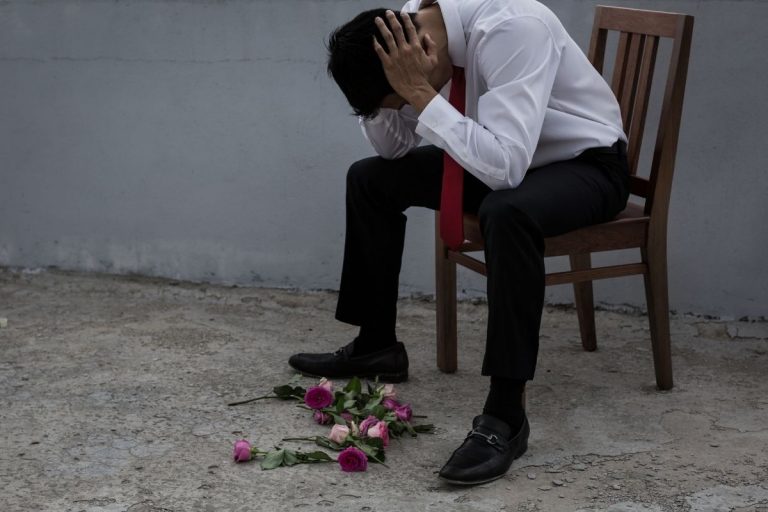Every now and then we get a call that leaves us talking for days. Calls that both frustrate us but also teach us valuable lessons about single Muslims in North America.
Not long ago we spoke to a girl who was seeking our help finding a spouse. At first it seemed like a normal Zoom call with the caveat of her mother also attending. She shared her background, her expectations for a spouse, and grilled us about our service. We learned that, Mashallah, she was pursing her PhD in medicine (I’ll leave out the specific details for privacy reasons). She was a very driven and ambitious girl who was looking to make changes in the field of medicine. So, naturally she was searching for someone that matched her zeal and drive. We knew this would be a tough person to match, but nonetheless we thought we had someone in mind. So, we ended the call by saying we’ll reach out if we find someone. The next few days we spent digging through our list of clients and we thought we found someone. He was also a PhD student studying Islamic History at an Ivy League School. He had plans on writing books and doing other notable work. We scheduled a call with the girl and presented this match to her. We highlighted why we thought he was a good match for her. Bear in mind, he was pursuing his PhD in his early thirties.
The call took a different turn after we mentioned his age. “Why is he pursing his PhD so late?” We were shocked by this question. She of course, was in her late twenties, pursuing her PhD. Then the next statement that came has stuck with me since that day: “I don’t find many marriages to be successful where there’s a disparity between a wife and husband, especially in favor of the wife.” This statement had Hiba and I up late and had my brain churning for days, actually weeks. Now of course, she was referring to income but didn’t directly come out and say it.
It reminded me that the sad reality is that marriage, as I’ve personally seen it approached by Muslims in the West, is more of a status game. A game where compatibility is solely defined by one’s career and income. And qualities such as deen, character, and maturity come much further down the list. If they even make the list that is. But these qualities you can’t put a price tag on, and more importantly they go much further in building a lasting sustainable marriage, more so than any career or wealth.
Also she alluded to the Ayah in Surah Nisaa’ where Allah says that men are the maintainers and caretakers of women. Thus, a disparity in income or career could potentially lead to marital conflict. However, the Quran didn’t come to give us a prescription of compatibility. Rather it came to provide us with a basic framework of rights and responsibilities for a husband and wife. And the responsibilities of a husband are much different than a wife. When we conflate our status and responsibilities in society with our home, problems will definitely emerge.
Regardless of what a women achieves in society, be it CEO, head of neuro surgery, or head of the UN, it doesn’t change the status she has at home. When a women comes home she’s a wife and a mother and her husband is the leader. That’s regardless of how much she earns or what she has achieved in society. We can’t let our culture dictate our perspectives of marriage. Allah dignifies husbands and wives in different ways that is conducive to their fitrah. When we simply return to Islam and understand it’s simplicity we’ll find ease in all our life journeys.







